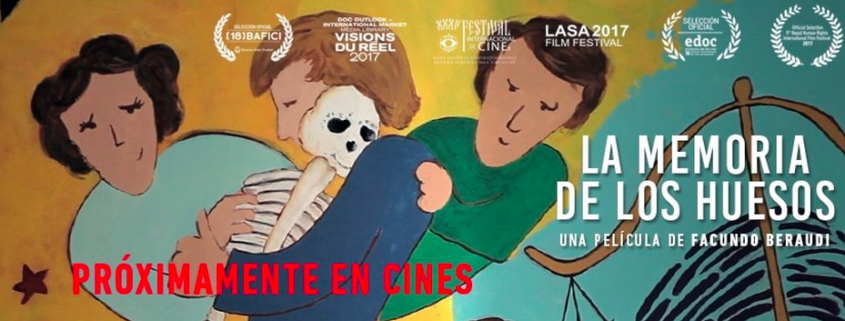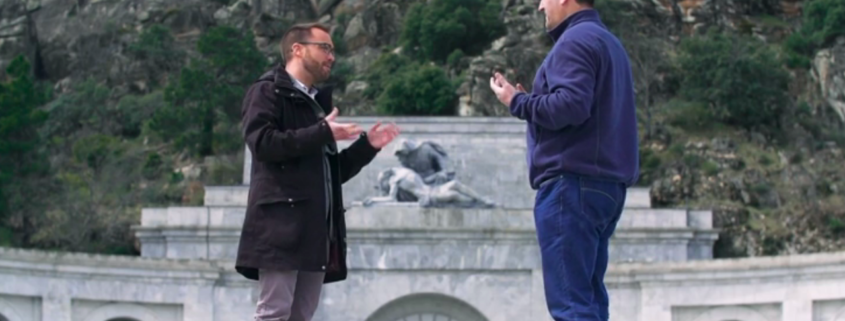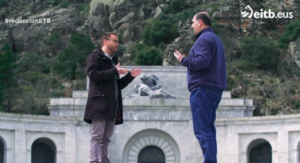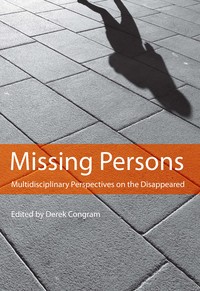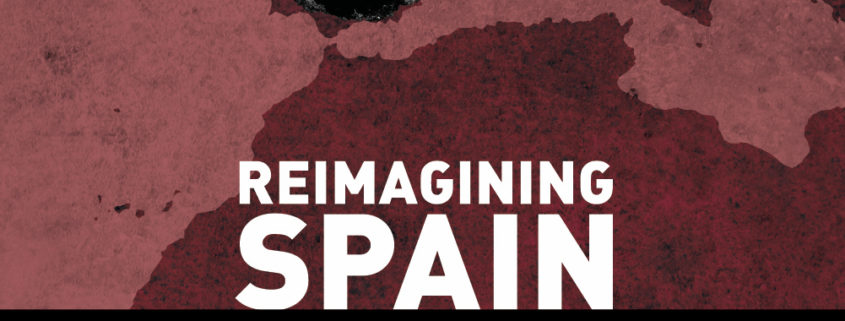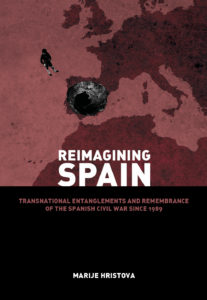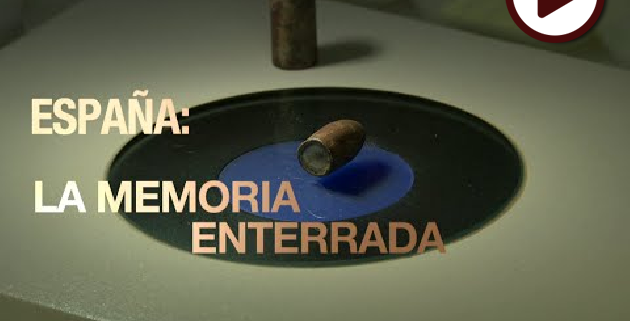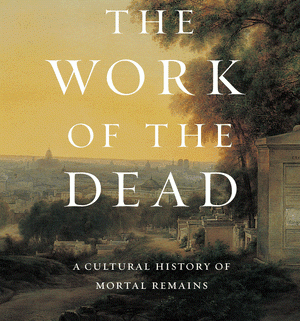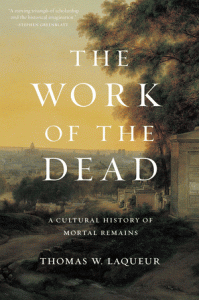SIMIć, Olivera (2014) Surviving Peace. A political memoir
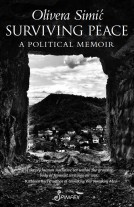
– A deeply human narrative set within the growing body of feminist writings on war – (Kathleen Barry)
How do you pick up the pieces after your life is shattered by war? How do you continue living when your country no longer exists, your language is no longer spoken and your family is divided, not just by distance but by politics too? What happens when your old identity is taken from you and a new one imposed, one that you never asked for?
When Olivera Simić was seven years old, President Tito died. Old divisions re-emerged as bitter ethnic conflicts unfolded. War arrived in 1992. People were no longer Yugoslavs but Serbs, Croatians, Bosniaks. Old friends became enemies overnight.
In this heartfelt account of life before, during and after the Bosnian War and the NATO bombing of Serbia in 1999, Simić talks of her transition from peace to war and back again. She shows how she found the determination to build a new life when the old one was irretrievable.
Traversing four continents, she takes us on her winding journey from Bosnia to Australia, revealing the complex challenges of adjusting to life in a new country and exposing the harsh reality of the post-traumatic stress that accompanies her.
Simić strives to find the balance between wanting to move on to a different future and a pressing need to look back at a past that won’t go away. The pull of her homeland remains irresistible despite it being ravaged by destruction, and her exposure of the war crimes that took place there means she is labelled both a ‘traitor’ and a ‘truth seeker’.
Surviving Peace is one woman’s story of courage that echoes the stories of millions of people whose lives have been displaced by war. As we still face a world rife with armed conflict, this book is a timely reminder that once the last gunshot has been fired and the last bomb dropped, the new challenge of surviving peace begins.
Olivera Simić:
Olivera Simić is a feminist, human rights activist and academic at the Griffith Law School, Australia. Originally from the former Yugoslavia, Dr Simić has lived and studied in Eastern and Western Europe, the USA and South America. She has published one monograph and three co-edited collections, book chapters, journal articles and personal narratives. She completed a Doctorate of Law at the University of Melbourne in 2011. She now teaches international law and transitional justice at Griffith Law School and lives in Brisbane. In 2013 she was a nominee for the Penny Pether Prize for Scholarship in Law, Literature and the Humanities, and won the Peace Women Award from Women’s International League for Peace and Freedom (WILPF, Australian branch).
Edited by SPINIFEX PRESS
See REVIEWS
PODCAST: Olivera in conversation at the Outspoken Literary Festival held at Maleny, NSW
Table of Contents:
Acknowledgements ix
Map A Socialist Federal Republic of Yugoslavia (SFRY) xi
Map B Bosnia and Herzegovina (BiH) xii
Preface The Past Lives On 1
Chapter One Journeying Through War and Peace 8
Chapter Two Traitor or Truth Seeker? 26
Moral Responsibility 35
The Masculinity of War 38
Truth Seekers 44
Paying a High Price 45
How to Face the Past? 52
Chapter Three Moving From War to Peace 59
The NATO Bombings 60
Life as a Refugee 65
Building Peace 70
Where are you From? 75
Chapter Four The Past is the Present 81
Chapter Five Victims and Survivors 97
From One Disaster to Another 103
Facing the Past Begins 113
Chapter Six Between Remembering and Forgetting 126
Minefields 134
Conflicting War Memories 138
Epilogue Troubled Homeland 148
Appendix Timeline of Yugoslavia’s Disintegration 161
Glossary 164
Bibliography 167
Index 178

